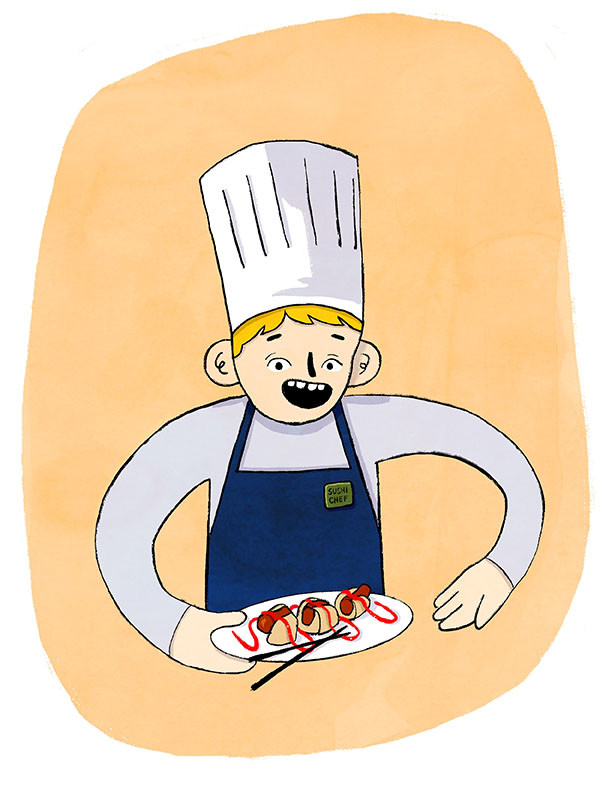You want our food, not our culture
Why the gentrification of ethnic food is harmful
Food is a significant aspect of every culture: it carries historical value and is shaped by the conditions in which a culture is established.
Take poutine as an example. Cheese curds are cheddar before it is aged; they are quicker and cheaper to produce. Potatoes have been abundant in almost every region of the world for centuries, and gravy is made with the juices left over from cooking meat.
When we look at that through the context of Quebecois culture, a people who were very poor up until the middle of last century and have winter six months a year, it is understandable why poutine is a dish that would emerge from Quebecois culture.
Every ethnic dish has its own historical and cultural context that is specific to its people.
Montreal is a multicultural city, with a 34 per cent immigrant population, as recorded by Statistics Canada. This has allowed an on-going cultural exchange between its residents, allowing the city to offer an extensive array of dining options. When walking down its streets, we can find pho restaurants, arepa restaurants, falafel restaurants, and more. However, more often than not, we find restaurants offering ‘popular’ ethnic food such as sushi, tacos and fusion.
While there is nothing wrong with that, there is a pattern to these types of food being ‘popular’ because they have been Americanized. Many sushi rolls that might be your favorite aren’t even originary from Japan, hard-shelled tacos are definitely not Mexican, and a ‘sushi burrito’ is nothing but a westernized gentrification of the foods.
Did you know that Thai Express, Sushi Shop, Mucho Burrito, Casa Grecque and Tiki-Ming are all subsidiaries of the same company? It’s called MTY Group and, at the end of the day, that’s who you’re buying food from when you go to those places.
The quality of the food is lower and there is no cultural significance to it: it is fusion cuisine to a disrespectful extent.
Above all, the ethnic minorities to which these foods belong don’t benefit from the profits.
If you went to a Mexican-owned taquería, you’d most likely be served corn tortillas instead of flour tortillas. In Aztec and Mayan cultures, the native inhabitants of Mexico, there is a god of corn, one of the most important deities since corn was the main source of nourishment for those cultures.
You’d also be served green and red hot salsas, and limes on the side. Your tacos would be topped with parsley instead of lettuce, and there wouldn’t be any tex mex cheese.
When you go to Taco Bell or even 3 Amigos, it’s an entirely different story. These restaurants have completely detached from the cultural meaning of tacos.
That’s only one of the issues with the gentrification of food.
“Above all, the ethnic minorities to which these foods belong don’t benefit from the profits.” – Mariana Chajon Oliveros
There is also the pressing issue of racism in Montreal.
The xenophobia that has emerged in Quebec feels very threatening to the growing immigrant population. Our very own system is racist.
Many things in the city contribute to an incredibly large problem that the province has, and Montreal’s food scene isn’t an exception to this problem.
Eating a sushi taco from Sushi Shop might not be inherently racist.
Eating a sushi taco when you are a benefactor of systemic racism and you are actively doing nothing to change the situation is racist — because you want our food but not our culture.
This article originally appeared in The Food Issue, published November 3, 2020.







